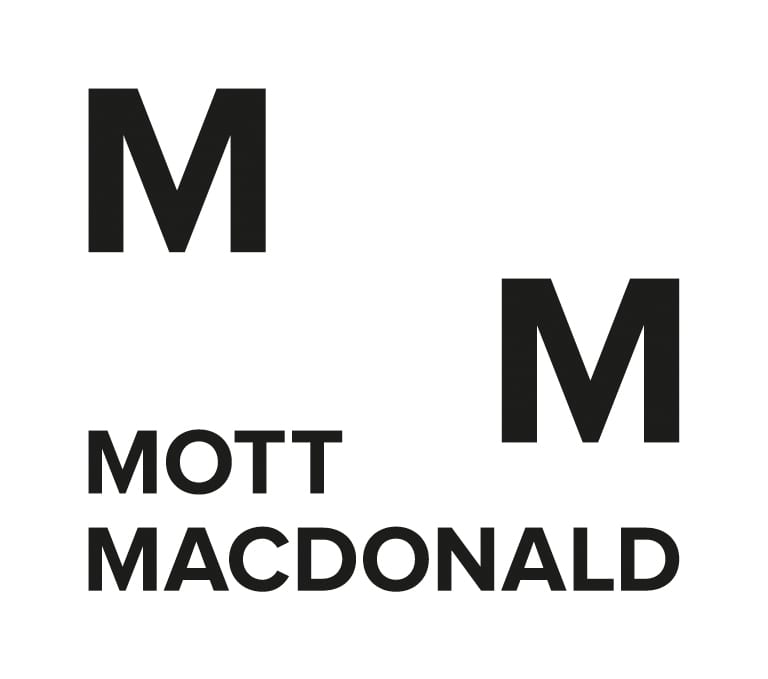This is the Sponsored paywall logged out
The success and sustainability of utilities hinges on their ability to deliver projects that are socially inclusive and equitable. It calls for new skills and behaviours.

Mott MacDonald
Taking care of people is increasingly recognised as important for the development of a positive corporate reputation, for getting projects started and delivered more efficiently and effectively, for developing and recruiting quality employees, and in some cases for permission to operate. Why the change?
For years, the supply of services and goods has been informed by what companies think people want or need. But social media has given a wide group of people the ability to say what they actually want and need – which are sometimes quite different to suppliers’ assumptions.
In consumer markets, customers have always had the power to vote with their feet if they don’t like the products, services or treatment they receive. In the utilities sector the seller-buyer relationship has been contractual, with consumers held captive. But now, in some markets, the digital revolution and new technologies are freeing people to buy services from other providers or become providers themselves.
Responding to these social drivers isn’t easy, because people are inherently complex and diverse. What is right for one community or sector isn’t necessarily right for another. It requires companies and those that advise and supply them to think and behave differently.
Where utilities were until now focused on compliance with regulatory, technical or commercial requirements, there are new social questions that utilities firms should consider:
• Do people have good and equal access to the service provided and its benefits?
• Are all elements of society asked about their preferences and what matters to them; is decision-making based on information rather than assumption?
• Do planned interventions create opportunity for affected individuals and communities, as well as to the organisation undertaking them? Are the benefits fairly distributed?
• Are the services and benefits provided resilient and dependable in the face of physical, economic and technological threats?
• And in addition to the service provided, does the behaviour of the company, contribute to the physical and mental wellbeing of the individuals and communities it interacts with?
Answering these questions is no simple task, but the key is to ask them in first place. Creating strong, sustainable businesses and delivering better services for communities depends on it.
For more information, visit: www.mottmac.com





Please login or Register to leave a comment.